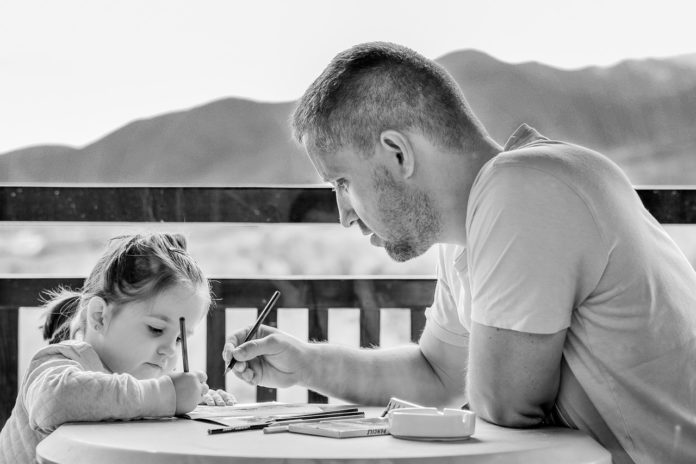
Resiliency helps with life’s bumps and potholes
A child’s foundation for good mental health is built early in life through his experiences, including his relationships with his parents, family, caregivers, teachers and other children.
These relationships are essential to his development and help him build resiliency—the ability to bounce back from setbacks and cope with life’s ups and downs. Resiliency is built by certain skills such as problem solving, empathy and emotional regulation, which is the ability to show emotions in ways that won’t hurt oneself or others.
A child with resiliency is able to react confidently, positively and adapt well to change when he hits bumps and potholes on the road of life. Resilience is also a buffer against the harmful effects of adverse childhood experiences.
“Our mental health depends on our relationships with other people from the very beginning,” says Dr. Carole-Anne Hapchyn, an infant psychiatrist in Edmonton and a clinical professor of psychiatry and pediatrics at the University of Alberta.
“When you are resilient, you’ve got more in the bank to cope,” she says. It’s like a scale, with the positive things in a child’s life going to one side of the scale and the negative going to the other side. Resilience is the movable tipping point that gives a child the ability to have positive experiences outweigh the negative.
One of the best ways to build up the positive side of the scale is through serve and return interactions. The key to this back-and-forth communication is watching for and responding to children’s cues, Hapchyn says. “Be sensitive and observant to what children are trying to tell you.”
Serve and return helps build a strong relationship between an adult and child, creating an emotional bond that gives that child the strength, trust and security he needs.

















